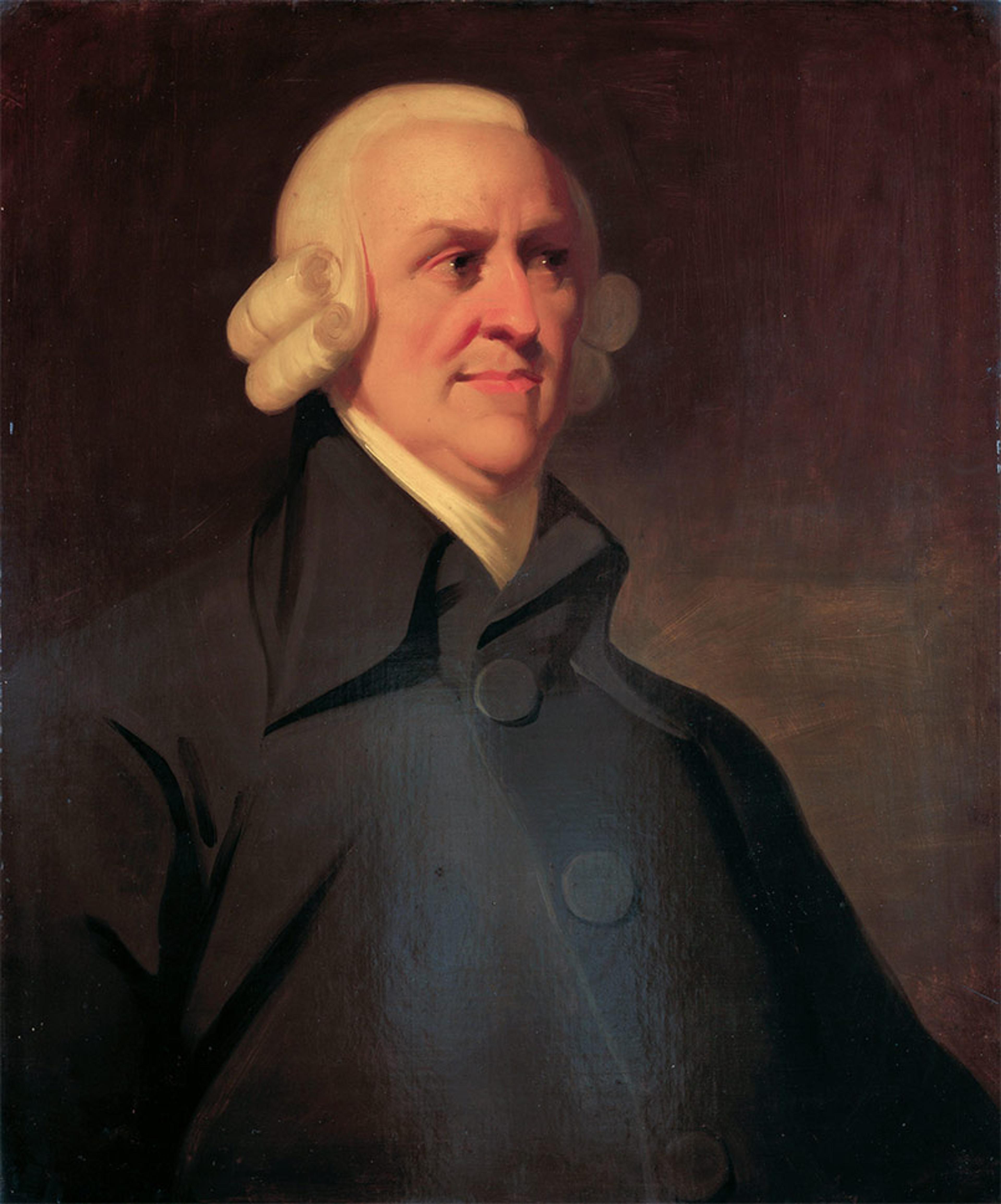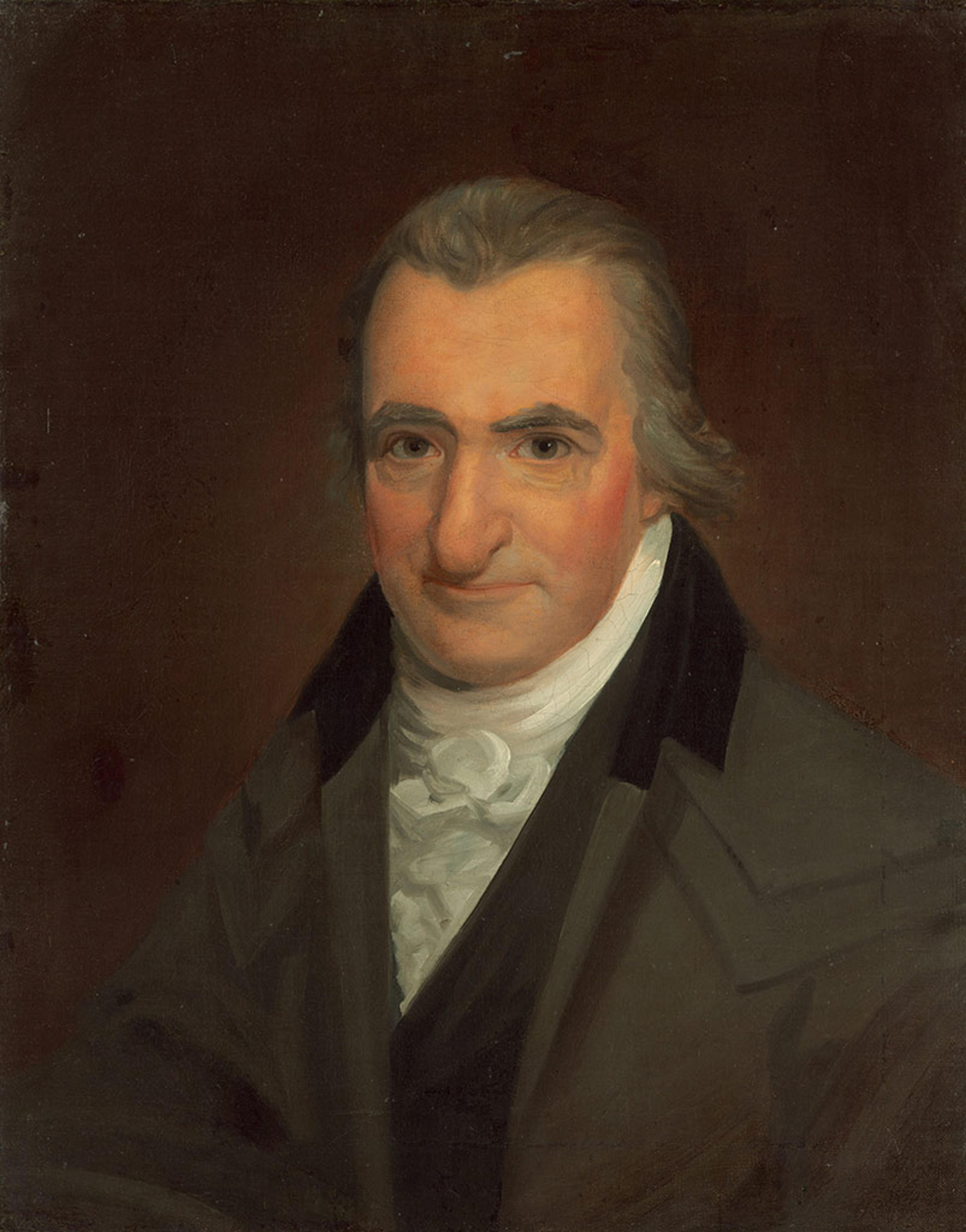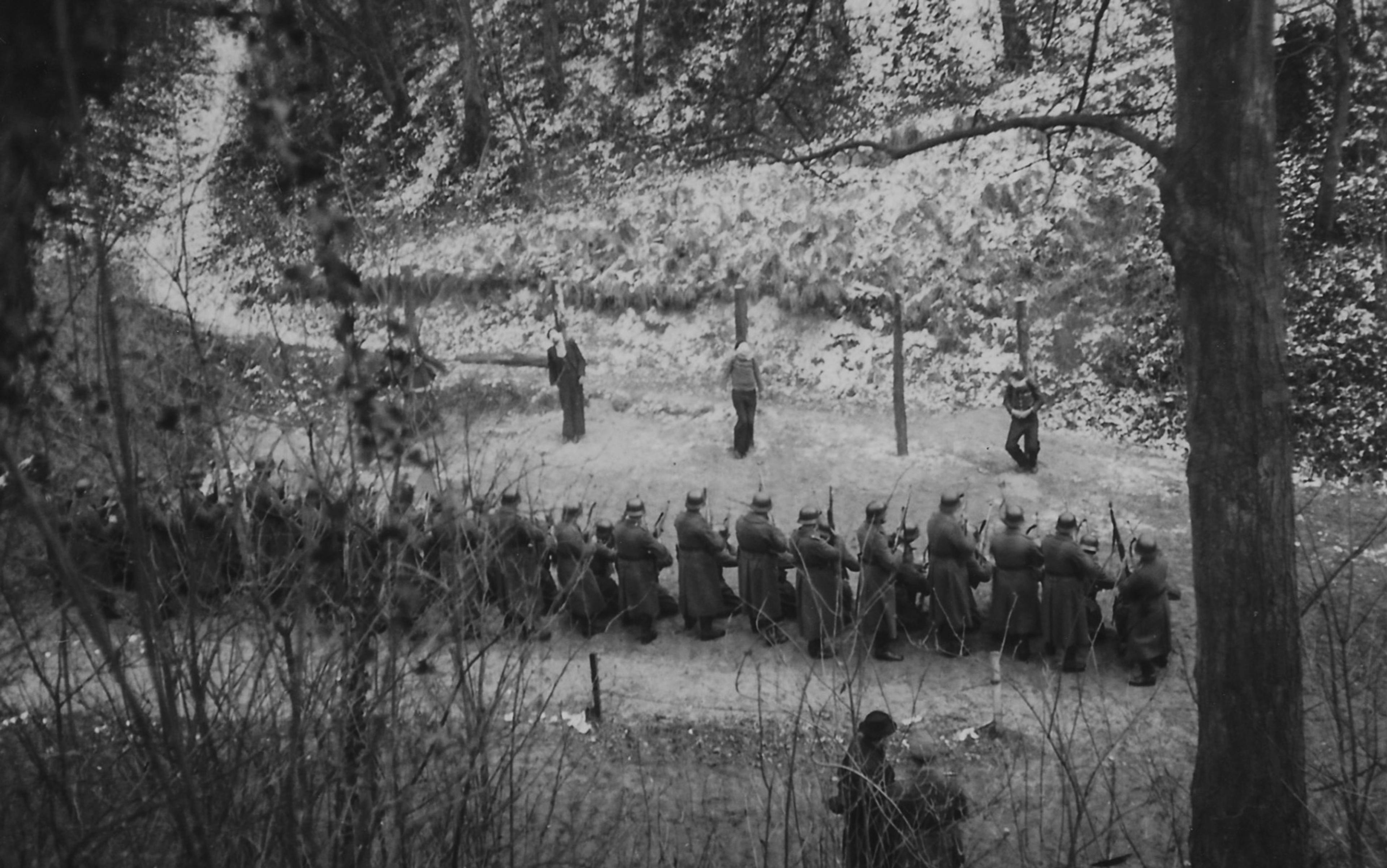Very few of us expected liberalism to have such a rocky 21st century. At the turn of the 20th, liberal ideology and liberal democratic political institutions seemed more legitimate and secure than ever before. Liberals had defeated their great geopolitical rivals on the fascist Right and the communist Left. How things change.
Over the past few decades, discontent and disdain for liberalism have spread across huge swathes of the globe, led by a resurgent Right-wing populism that denounced its materialism, universalism and libertine decadence. Wannabe strongmen like Victor Orban declared they were constructing new kinds of ‘illiberal democracy’ – a half truth, since the regimes would be illiberal, but not particularly democratic. Books flooded the market with alarmist or triumphalist titles such as Why Liberalism Failed (2018) or A World After Liberalism (2021), all of which diagnosed its failures with relish or fear. Theories about what had gone wrong multiplied. Liberalism was too atomistic, too alienating, too antidemocratic, too democratic for its own good, too beholden to the ignorant masses, too elitist, even too boring and politically correct for its own good.
What was often lost in the discourse around liberalism in the 21st century was whether it could simultaneously be worth saving while also having deserved the ignominy into which it was falling. From the 1970s onwards, many liberal politicians and theorists had backed away from the more progressive and transformative propensities of the tradition. The era of big liberal dreams about establishing a ‘great’ or ‘just’ society was over.
Internalising a host of conservative arguments, liberals like Isaiah Berlin or Friedrich Hayek argued that big dreams were dangerous and contrary to liberalism, its revolutionary past aside. The best one could hope for was a competitive and highly inequitable neoliberal society defined by ordered liberty and at most a minimal welfare state. That such a consciously deflated vision became associated with technocratic aloofness, a lack of principled conviction and a wariness of democratic accountability came as a surprise only to neoliberals c2016. More thoughtful commentators followed Samuel Moyn’s claim in Liberalism Against Itself (2023) that if liberals couldn’t rediscover how to not just fearmonger, but inspire, they were unlikely to see their doctrine survive much longer and, ‘anyway, survival is not good enough.’
Moyn is right that, if liberals trade off presenting an inspiring vision of the future for mere survival, they are unlikely to get either. The existential woes of 21st-century liberalism require we do more than return to the forms of neoliberal governance that generated discontent in the first place. It requires retrieving the revolutionary emancipatory and egalitarian ethos that defined liberalism at its revolutionary best to offer a new deal to citizens of liberal states. The strand of liberal political theory that offers the richest guidance on what form this new deal should take is liberal socialism.
The idea of ‘liberal socialism’ might appear odd and even oxymoronic. This is especially true for those on the Right and the Left who regard liberalism as the philosophy of market capitalism. Of course, there are many classical and neoliberal thinkers for whom that is true. From John Locke’s emphatic defence of life, liberty and property to Hayek’s declaration that state planning in the economy was the road to serfdom, liberal defences of the ethics of capitalism are easy to find. The economist Ludwig von Mises no doubt spoke for many (including plenty on the Left) when, in his polemical tract Liberalism (1927), he proudly declared that:
[The] programme of liberalism … if condensed into a single word, would have to read: property, that is, private ownership of the means of production … All the other demands of liberalism result from this fundamental demand.

Adam Smith, artist unknown, painted posthumously c1795. Courtesy the National Gallery of Scotland
But this would be to ignore the reality that many great liberal thinkers have historically been wary (to downright critical) of capitalism. This goes far back. Adam Smith may have been an enthusiast for free trade and market liberties, but in The Theory of Moral Sentiments (1759) he also decried how:
This disposition to admire, and almost to worship, the rich and the powerful, and to despise, or, at least, to neglect persons of poor and mean condition, though necessary both to establish and to maintain the distinction of ranks and the order of society, is, at the same time, the great and most universal cause of the corruption of our moral sentiments.
This was reiterated in Smith’s polemics against monopolisation and the alienating effects of the division of labour in The Wealth of Nations (1776). By the industrial era, some of the greatest liberal thinkers expressed sympathy and even came to align themselves with socialism. John Stuart Mill, the greatest liberal philosopher of the 19th century, openly declared himself a socialist in his Autobiography (1873) and stressed in Socialism (1879) how ‘great poverty, and that poverty very little connected with desert – are the first grand failure of the existing arrangements of society.’
Mill was hardly alone in sympathising with such a fusion of liberalism and socialism. In his essay collection Democratic Theory: Essays in Retrieval (1973), the political theorist C B Macpherson coined the term ‘retrieval’ to refer to getting ‘clear of the disabling central defect of current liberal-democratic theory, while holding on to, or recovering, the humanistic values which liberal democracy has always claimed.’ We must now make an effort to retrieve the political theory of liberal socialism and make the case for its salience in the 21st century (a project I continue in my forthcoming book The Political Theory of Liberal Socialism).
Liberal socialism is a political ideology that combines support for many liberal political institutions and rights with a socialist desire to establish far more equitable and democratic economic arrangements. The latter point is put plainly by Michael Walzer in his book The Struggle for a Decent Politics (2023), in which he writes that, while ‘liberal socialists are not “egalitarianist”, they are serious about equality – more so, generally, than liberal democrats.’ This deeper concern for equality relative to classical liberals becomes apparent when we look at when liberal socialism emerged and how its major figures defended its core arguments.
There is extensive debate over periodising classical liberal theory. Many date its origins to the 17th century and the writings of Locke, Baruch Spinoza and Hugo Grotius among others. Whether or not these thinkers can be correctly labelled ‘liberals’ full stop, they undoubtedly developed or systematised a lot of the theoretical architecture that later liberals would rely on. By contrast, in Liberalism (2nd ed, 2014) Edmund Fawcett insists that mature liberal political philosophy only really appeared on the scene in the 19th century, when the term itself became popularised, and self-described ‘liberal’ parties and movements began to appear.
Whoever you agree with, there’s no doubt that liberal socialism emerged later than classical liberalism, extending the latter’s antipathy to the hierarchical ancien régimes of Europe to demand more radical changes still. While mature forms of liberal socialist political theory didn’t appear until the mid-19th century, there were important precursor figures. Two of the most influential predecessors to liberal socialism were Thomas Paine and Mary Wollstonecraft.
Thomas Paine insists that property is an eminently social phenomenon
Paine remains most famous for his stirring rhetorical defences of the American and French revolutions and his acidic polemics against Edmund Burke and conservatism in the Rights of Man (1791). Until recently, Paine was largely viewed as an extraordinary pamphleteer for the classical liberal and republican viewpoint, while not being an especially original thinker or theorist. That appraisal has since undergone a major shift, with Robert Lamb in 2015 stressing Paine’s importance as a theorist whose ‘every instinct’ was egalitarian.

Thomas Paine (c1806-07) by John Wesley Jarvis. Courtesy the NGA, Washington
Paine is an important precursor to liberal socialism because he embraced the importance of individual flourishing and rights, while becoming increasingly sceptical that this could be achieved without a major redistribution of wealth and privilege. In the pamphlet ‘Agrarian Justice’ (1797), he rejects the methodological individualism of classical liberal approaches to property rights, and insists that property is an eminently social phenomenon:
Personal property is the effect of society; and it is as impossible for an individual to acquire personal property without the aid of society, as it is for him to make land originally. Separate an individual from society, and give him an island or continent to possess, and he cannot acquire personal property.
He goes on to suggest that, since many wealthy people monopolise productive land and capital without giving anything back, they owe a major debt to the poor as a matter of right. In the second part of the Rights of Man and in ‘Agrarian Justice’, Paine develops these arguments into a call for redistribution, sketching out an early scheme for the welfare state. This includes providing money for education, guaranteed employment for those who want it, a stipend for every child born, and a prototype of an old-age pension.

Mary Wollstonecraft (c1797) by John Opie. Courtesy the National Portrait Gallery, London
Wollstonecraft was less policy-minded than her contemporary Paine, but even more scathing in her contempt for the corrosive effect of the inequities of property that defined aristocratic and early capitalist societies. In her classic A Vindication of the Rights of Woman (1792), Wollstonecraft insisted that:
From the respect paid to property flow, as from a poisoned fountain, most of the evils and vices which render this world such a dreary scene to the contemplative mind. For it is in the most polished society that noisome reptiles and venomous serpents lurk under the rank herbage; and there is voluptuousness pampered by the still sultry air, which relaxes every good disposition before it ripens into virtue. One class presses on another; for all are aiming to procure respect on account of their property: and property, once gained, will procure the respect due only to talents and virtue.
In her later Letters Written During a Short Residence in Sweden, Norway, and Denmark (1796), she lambasts the nouveaux riches as a ‘fungus’ with the criticism that:
An ostentatious display of wealth without elegance, and a greedy enjoyment of pleasure without sentiment, embrutes them till they term all virtue of a heroic cast, romantic attempts at something above our nature, and anxiety about the welfare of others, a search after misery in which we have no concern.
Wollstonecraft believed in private property, arguing it was a just reward for labour. But even this had a radical connotation, as she was critical of those who lived in luxury or defended privilege while ignoring the ‘women who gained a livelihood by selling vegetables or fish, who never had had any advantages of education…’ Her critique of the idle or undeserving rich both echoes Locke’s condemnation of aristocracy and anticipates later Ricardian socialist and Marxist condemnations of the parasitic wealthy.
Much like Paine, Wollstonecraft had an unfailingly egalitarian instinct (including, of course, on gender relations) insisting there ‘must be more equality established in society, or morality will never gain ground…’ In her ideal society there would be neither rich nor poor, and the competitive race to accumulate private property would be a far less significant social priority than the relatively equal development of human intellectual, artistic and moral powers. It’s this solidaristic emphasis on the development of human powers in a society of equals that makes Wollstonecraft such an important figure in the movement towards liberal socialism.
Liberal socialism reached its maturity in the 19th century with John Stuart Mill, its most articulate and well-known spokesman. Early in his career, Mill had been a more conventional supporter of the free market. But, later in life, mostly under the influence of the utopian socialist St Simonians, he shifted his views markedly. In his Autobiography, Mill declared that his ‘ideal of ultimate improvement went far beyond Democracy, and would class us decidedly under the general designation of Socialists.’ While being critical of statist forms of socialism and expressing a wariness of the threat they posed to liberty, he claimed to look ‘forward to a time when society will no longer be divided into the idle and the industrious; when the rule that they who do not work shall not eat, will be applied not to paupers only, but impartially to all.’
This shift towards socialism was reflected in later editions of the Principles of Political Economy (1848). Mill defended extensive experiments with workplace democracy and cooperatives, arguing that they would potentially be less domineering, more economically efficient, and more conducive to the flourishing of workers. As Helen McCabe traces in her excellent book John Stuart Mill: Socialist (2021), he also came to advocate for wealth redistribution through:
state ownership of railways and roads, and municipal ownership (and provision) of utilities such as gas and water. He also at least suggested it would be permissible for the government to provide public hospitals; national banks; a postal service; ‘manufactories’; and a corps of civil engineers, so long as the government did not maintain a monopoly on these professions or services.
Mill’s flavour of liberal socialism based around cooperatives and a generous welfare state anticipated many contemporary forms of market socialism, as well as being a direct inspiration to important ethical and Christian socialists such as R H Tawney.
‘Socialism … is liberalism in action; it means that liberty comes into the life of poor people’
In the early to mid-20th century, an impressive array of authors came to endorse liberal socialism. In a 1939 interview with The New Statesman and Nation, John Maynard Keynes proposed:
[A move out of the] 19th-century laissez-faire state into an era of liberal socialism … where we can act as an organised community for common purposes and to promote economic and social justice, whilst respecting and protecting the individual – his freedom of choice, his faith, his mind and its expression, his enterprise and his property.
A variety of European democratic socialists such as Eduard Bernstein and Carlo Rosselli worked to theorise closer connections between liberalism and socialism, echoing Mill’s claim that socialists were the more ‘far-sighted successors’ of liberalism. Bernstein’s classic The Preconditions of Socialism (1899) offered a sustained critique of orthodox Marxist revolutionary theory and proposed a conciliation with liberalism. He insisted that ‘with respect to liberalism as a historical movement, socialism is its legitimate heir, not only chronologically, but also intellectually’, and stressed that there is ‘no liberal thought that is not also part of the intellectual equipment of socialism.’ Rosselli made similar claims in his book Liberal Socialism (1930), holding that:
Socialism is nothing more than the logical development, taken to its extreme consequences, of the principle of liberty. Socialism, when understood in its fundamental sense and judged by its results – as the concrete movement for the emancipation of the proletariat – is liberalism in action; it means that liberty comes into the life of poor people.
While he never identified with the label, I’d argue that Macpherson can also be correctly characterised as a liberal socialist, given his lifelong effort to ‘retrieve’ a radical democratic and egalitarian core to the liberal tradition.
Finally, in the United States John Dewey worked hard to extend American conceptions of democracy beyond the horizon of the state. His most famous contributions were of course in education, where Dewey insisted on the pedagogical superiority a more egalitarian classroom where students actively participated in their learning, rather than being regarded as passive recipients of knowledge delivered by an intellectual superior. But Dewey was also keen to extend democratic principles to the workplace, becoming president of the League for Industrial Democracy in 1939 and advocating for the labour movement.
In the postwar era, there have been several prominent figures aligned with liberal socialism, including Irving Howe, Michael Walzer and Chantal Mouffe. But by far the most significant figure to express sympathy for liberal socialism was John Rawls. For a long time, Rawls’s brick-like Theory of Justice (1971) was taken as an apologia for the welfare state system that, tragically, began to decline right about when the book was published. But this understates Rawls’s radicalism. In his Lectures on the History of Political Philosophy (2000), Rawls described Karl Marx as ‘heroic’ and praised his ‘marvellous’ intellectual gifts. By the time of his swan song Justice as Fairness: A Restatement (2001), Rawls insisted that welfarism did not do a good enough job of realising liberal principles of justice. Only a property-owning democracy or ‘liberal socialism’ would be sufficient. While Rawls himself wrote more about property-owning democracy, Edmundson’s book John Rawls: Reticent Socialist (2017) makes a powerful case for why the most rigorous interpretation of justice as fairness would require liberal socialism instead.
As history shows, liberal socialists are not a monolith. They disagree on many core points. Some of these are theoretical: is the strongest basis for liberal socialism some kind of utilitarianism, deontology or pragmatism? Other divides are over practical questions such as the relationship between statist welfarism and bottom-up democratisation of the economy; Mill famously vested his hopes in worker co-ops where many modern liberal socialists focus on social programmes. Nevertheless, all liberal socialists are committed to three central principles, which I’ve arranged from the more abstract to the more concrete.
First, liberal socialists are committed to methodological collectivism and normative individualism. They believe that the wellbeing and free development of individual persons (and, for a growing number, nonhuman animals) is the highest moral priority. However, they disagree with many classical liberals’ insular and competitive conception of human nature and their individualist approach to conceiving social relations. Liberal socialists hold that, to properly think through how individuals will best thrive, one must recognise their embeddedness in society, and how it can improve or disrupt their capacity to lead a good life.
Taking seriously commitments to liberty, equality and solidarity requires going beyond the social hierarchies established under capitalism
Secondly, liberal socialists are committed to each person having as equal an opportunity to lead as good a life as possible through the provision of shared resources for the development and expression of their human powers. To put it another way, liberal socialists focus on the free development of human powers or capabilities along a wide array of metrics. What Macpherson calls this developmental ethic can be contrasted with the extractive and possessive ethic characteristic of classical liberalism and hedonistic forms of utilitarianism. Where the extractive/possessive ethic holds that the good life comes from production and consumption, the developmental ethic of liberal socialism emphasises the equal development and application of each individual’s powers as a condition for their flourishing.
Thirdly, liberal socialists are committed to instituting a basic social structure characterised by highly participatory liberal-democratic political institutions and protections for liberal rights concurrent with the extension of liberal democratic principles into the economy and family to establish more egalitarian economic arrangements free of domination and exploitation. This also means that liberal socialists do not ascribe the same weight of private property rights to the means of production that many classical liberals do. While all liberal socialists believe in rights to personal property, this doesn’t extend to rights to acquire forms of property that would enable forms of workplace domination or political plutocracy to develop. In these instances, what impacts all should, in part, be decided upon by all.
Liberal socialist authors will defend and articulate these principles in various idioms, and emphasise one or another to various degrees. This testifies to the internal diversity of the tradition, if nothing else. Macpherson was very critical of atomistic ‘possessive individualism’ but supported a liberal humanist ethic of developing people’s capacities or powers. Nevertheless, he had comparatively little to say about what kind of social structure could realise this ethic. In The Socialist Decision (1933), Paul Tillich offers a theological defence of liberal democratic socialism, which obviously runs counter to the secular approaches of Mill and Rawls. Mouffe’s agonistic liberal socialism foregrounds the importance of political contestation far more than Rawls’s temperate insistence that a pluralistic society needs to unite around an ‘overlapping consensus’. Charles Mill’s ‘black radical liberalism’ rightly takes many Left-liberals to task for ignoring, or even supporting, imperialism and racism. But behind this variety is a core conviction that taking seriously commitments to liberty, equality and solidarity requires going beyond the social hierarchies established under capitalism.
Given the eminence of many of the figures attracted to liberal socialism, it is somewhat perplexing that the term can seem oxymoronic. The explanation probably has more to do with politics than philosophy, especially in the US. As Moyn points out in Liberalism Against Itself, throughout the mid-20th century, many prominent ‘Cold War’ liberals turned against the more progressive and egalitarian elements in the tradition. This led to the banishing of Jean-Jacques Rousseau, G W F Hegel and Marx to the fringes, and the dilution of the more radical arguments of prominent liberals like Mill. By the time liberal egalitarians began to marshal formidable theoretical arguments for welfarism and social democracy in the 1970s, the time to realise such an agenda had passed. Neoliberalism had taken hold across much of the world, further squeezing out progressive forms of liberalism and liberal socialism.
Nevertheless, the future for liberal socialist political theory is bright. While not everyone listed below would identify with the label (and some might reject it), a considerable number of prominent and up-and-coming theorists have been working to bring out the affinities between the two traditions and canonise (or re-canonise) the major figures. These include Helen McCabe, Michael Walzer, James Crotty, Chantal Mouffe, Igor Shoikhedbrod, Lillian Cicerchia, Samuel Moyn, Daniel Chandler, William Edmundson, Elizabeth Anderson, Tony Smith, Rodney Peffer and many more.
It isn’t hard to see why the prospect of liberal socialism would be appealing today. Liberalism remains in or near crisis, and vast numbers express discontent with the neoliberal status quo. At the same time, there are very good reasons to reject revisiting forms of authoritarian ‘real existing socialism’ and communism. Liberal socialism offers the prospect of combining respect for liberal rights, checks and balances on state power, and participatory democracy with socialist concerns for the equal flourishing of all in a sustainable environment, the extension of democratic concerns into the workplace and ‘private government’, and pushing back on plutocratic rule. It also philosophically aligns well with concrete democratic socialist and radical movements appearing in the US, Chile, Brazil and elsewhere that want radical economic change but align with liberal values. Whether liberal socialism can transition from being a theoretical tradition and become a popular political ideology is a hard question. But, in a world defined by growing anger at inequality and plutocracy, liberal socialism is worthy of our loyalty.






